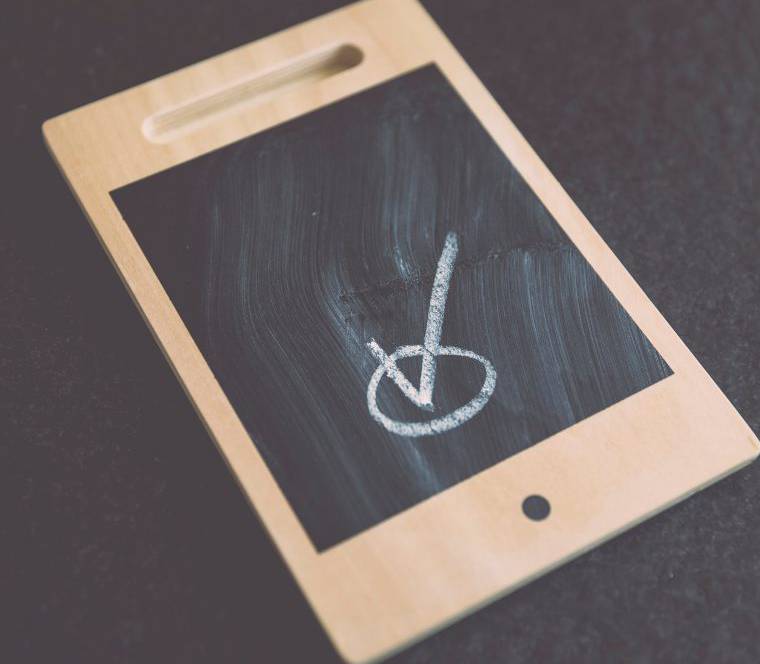t is safe to say that social media is today’s most influential means of communication, thanks to its dizzying development and change. However, it is undeniable that this powerful form of communication has given rise to many rights violations due to misuse and abuse. One of the primary types of violations on social media is the violation of right of personality.
Right of personality can be broadly defined as individuals’ rights over their personal values. In the realm of social media, posts that include speech and references that insult, defame, use offensive language, or defame individuals or groups violate personality rights. It should be noted that any post that goes beyond freedom of thought and criticism can lead to the violation of right of personality.
In social media postings, statements that violate right of personality can constitute crimes against individuals, such as defamation, slander, threats, blackmail, or invasion of privacy. In such cases, individuals who commit these crimes via social media channels are subject to prosecution under the relevant articles of the Turkish Penal Code. In order to initiate criminal proceedings due to the violation of right of personality, the individuals who have suffered harm as a result of these crimes must file a complaint.
However, given that a post on social media containing insults, defamation, or invasion of privacy can reach millions of people within seconds, traditional criminal proceedings are quite inadequate. This has led to the need for a fast and practical solution, and for this reason, the Law on Regulation of Publications on the Internet and Combating Crimes Committed by Means of Such Publications, numbered 5651, came into effect in 2007. The said law regulates crimes committed through publications made on the internet, and it naturally covers crimes committed through social media as well.
With Law No. 5651, individuals whose right of personality is violated by publications made on the internet can request the blocking of access to the relevant content or post. When a request for blocking access to content that constitutes the mentioned crimes is made, the courts are required to issue a decision within 24 hours. If the court orders the blocking of access to the content, this decision must be promptly implemented by the relevant authorities. The imposition of time limits on judges and the obligation to implement decisions swiftly are appropriate regulations, considering the fast-paced nature of internet publications and social media.
Under Law No. 5651, it is stated that the person who provides the content that violates right of personality in publications made on the internet, including social media, is responsible. While individuals who share content are not considered responsible, the law specifies that individuals who share content will be held responsible if they endorse the content they share and intentionally aim for inappropriate content to be accessed. Furthermore, the law introduces an obligation for website owners and social media platform owners, who are considered hosting providers, to monitor content and remove illegal postings. Otherwise, hosting providers may be subject to administrative fines.




